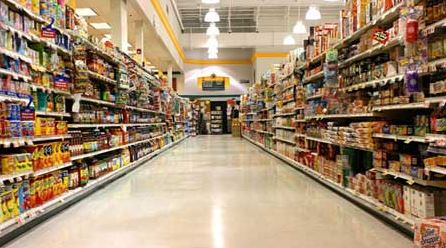×
The Standard e-Paper
Join Thousands Daily

Some years ago, a branch of one of the large supermarkets chains found itself in the news for the wrong reasons. Shoppers took to the internet to complain that the retailer was robbing them by posting different prices on the shelves and at the till. Some damage control was done and the fuss died down after a while.